Health Journalists urge FG to fully implement National Health Act
• Seek allocation of 1% Consolidated Revenue Fund for health sector
ABUJA – Health Correspondents, under the aegis of Association of Nigeria Health Journalists (ANHEJ) have appealed to the Federal Government to, among other recommendations of the National Health Act, allocate one percent Consolidated Revenue Fund of the federation to the health sector.
The group also called for prompt release of approved funds and judicious use of all monies made available to the sector.
ANHEJ made the calls in Abuja at its maiden Health Communications Conference which had the theme Persistent Poor Implementation of the Health Sector Budget: The Role of the Media,” and sub-theme: “NHAct Yet To Be Implemented Three Years After Passage: Where is the Media?”
President of the association, Marcus Fatunmole, said it had become imperative for government to fully implement the law, given the worrisome state of health in the nation. He said many less-privileged citizens of the country are dying without having access to health services.
ANHEJ said at the conference, which was supported by Community Health and Research Initiative, CHR, Civil Society Legislative Advocacy Centre, CISLAC, Medical and Health Workers Unions, Bill and Melinda Gates Foundation, the Federal Ministry of Health among other notable organizations working in the sector, that Nigerian health infrastructures and services would drastically improve if government fully implements the Act.
The organization also frowned at corruption in the sector, which has been largely responsible for appallingly poor health indices for the country.
“Our maternal mortality are the highest in the world; we parade a quarter of global malaria burden; we are among the only three polio-endemic countries in the world; Nigeria at present has one of the highest numbers of acutely malnourished children in the world (a situation that has been worsened by activities of Boko Haram insurgents); almost 3000 women of childbearing age and under-five children die daily in our country from preventable diseases, according to Executive-Director, National Primary Health Care Development Agency, NPHCDA, Dr Faisal Shuaib. Our country is faced with increasing growing burden of non-communicable diseases such as cancer, diabetes and hypertension and mental-related ailment.
“The challenges bedeviling Nigeria’s health sector are compounded by self-aggrandizement by our leaders; mismanagement, incompetent leadership, poor releases of funds, bickering among workforce and sector’s leadership among other numerous ills.
“Only this year, our country will be returning about N9 billion naira to donors, being grants squirreled/stolen by past leaders of some of the MDAs. The refund, which most Nigerians are not aware of, is part of the paltry N51 billion allocated as capital budget for the ministry in this year Appropriation Act,” Fatunmole said.
He appealed to the government to value every life of citizen of the country, and commit resources that would help the masses access health care at affordable cost into the sector.
Fatunmole said Nigeria could not significantly attain the Sustainable Development Goals if the Act, especially the portion demanding “at least one percent” of the consolidation revenue for the health sector is not implemented.
He averred with the Act that all Nigerians have the right to live and enjoy quality life and health. “Part 1 (1) c of the Act states that National Health System shall “provide for persons living in Nigeria the best possible health service within the limits of available resources…and that the National Health System in (e) shall “protect, promote and fulfill the rights of the people of Nigeria to have access to health care services.”
“The Act furthered in Part 1 (3) sub-section 3 that “Without prejudice to the prescription by the Minister in Section 3 (1) of this Act, all Nigerians shall be entitled to basic minimum package of health services. This is also stressed in Section 15 (3) of the Act.” The question to ask today is that are all Nigerians truly enjoying any minimum health package?,” he queried.
Keynote Speaker at the conference and Minister of Health, Prof. Isaac Adewole, called on the media to continue to advocate for accountability, increased funding and good governance in the sector.
He expressed delight with the initiative and said the ministry would be more open to the media regarding information dissemination among others.
Adewole appealed to the media to put health issues in the front burner, as according to him, health is wealth. He said investment in health yields more dividends more than any sector of the economy.
The minister said “media represents a segment that is considered one of the most important partners in the health sector. The role of communications in health goes beyond the traditional reporting and coverage of activities that most people would naturally expect.
“The media is not just a platform for information dissemination but a tool in delivering health interventions and ensuring positive outcomes that further our agenda – which is to promote the health and well-being of our people.”
He also said the problem in the sector was not poor implementation of budget, but poor release of funds approved for the sector.
“Nigeria is still far below the Abuja Declaration, a commitment by the African Union Heads of Governments to ensure that at least 15% of National Budgets are allocated to the health sector. In 2017, the Health Budget is only around 4% of the National Budget. Though this represents a slight improvement from around 3.73% in the 2016 budget, the numbers are worrisome.
“This would mean that only about N1, 500 (One Thousand and Five Hundred Naira only) is being spent on the health of every Nigerian per year. This is despite the huge and the unsavory indicators that Nigeria grapples with, including Maternal Mortality, Malaria, HIV/AIDS and Tuberculosis among others.
“In this regard, Nigeria falls far behind other countries on the continent including Rwanda, Botswana and Malawi that allocated 18%, 17.8% and 17.1% respectively to Health. It is no surprise that the socioeconomic indicators of these nations have also improved. The saying “Health is Wealth” still holds water till today.
“Our partners in the media must help us to push health as a part of the political agenda like in other countries of the world. If you follow the US and the UK elections today, elections are won or lost on the debate of Health from NHS to the Affordable Care Act. The media should make health matters a headline issue.
“Politicians tend to go with the pulse of the people. We should together galvanize the people to put healthcare on the electoral agenda in Nigeria. I stand with you as an advocate and activist in this regard. We also need to let the governments know that Health is an investment issue, in terms of returns Health beats Infrastructure hands down. When you invest $1 dollar in Vaccines for Instance, your return is over $40 dollars,” the minister said.
Guest Speaker at the conference and Executive Director, National Primary Health Care Development Agency, NPHCDA, Dr Faisal Shuaib, said a lot was being done, in spite of myriads of challenges facing the sector, by the Federal Government.
He listed four area of focus by the agency in improving primary health care services as strengthening governance, accountability and performance management; closing out on polio, re-directing the huge resources and goodwill to strengthen PHC services; revamping routine immunization and supply chain; and focus on PHC revitalization.
Represented by Director, Advocacy and Communications in the agency, Dr. Eugene Ivase, Shuiab said the National Health Act provides, for the first time, an all-encompassing legal framework for delivery of affordable and quality healthcare in Nigeria.
“Like every other legal document in which there is no perfection, opportunities for improvement in the provisions of the Act through established legal review is necessary. However, the Act in its current form has made adequate provision for improving the entire healthcare system value chain and it is imperative for all stakeholders to support its implementation.
“Simply put, the National Health Act 2014 is a laudable legislation which has as its key focus the attainment of the universal health care coverage as well as the provision of quality and accessible healthcare service in Nigeria.
“The media, some civil society organizations, healthcare advocates and other players in the health sector have at different times identified low political will, lack of appropriate funding and over dependence on donor agencies as some of the challenges/issues militating against the implementation of National Health Act in Nigeria,” he said.
Niger State Commissioner for Health, Dr Mustapha Jibril said there was need by government to focus more on health service delivery in the country. He said his state was setting the pace in health care infrastructural upgrade and expansion, human resource development and general health care services in the country.
Chairman, Board of Trustees, (CHR) Dr Garba Magashi, said ANHEJ is expected to grow to become a force to push government to deliver on its mandate.
He challenged the group to understand the value it intends to add to the nation and ensure it achieve its aim.
“What is the value added of the media coming together? ANHEJ is an organization bringing all the health correspondents on one table to have dialogue and conversation. If they are not coming together, they will still write, they will still air the story, they will still publish. So, we need to interrogate, what is the added value of the media coming under one umbrella? If we cannot answer that question, then there are many questions and there is no value.
“The added value is having a concerted voice on issues. If one medium writes something today, there are chances that many political actors may not see, but if 20 media houses write one issue today from different perspectives, then, the political actors will feel the pressure to deliver the mandate. So, that is the added value of bringing ANHEJ, and that is the reason we at CHR want to mentor the group to become formidable force in Nigeria,” he said.

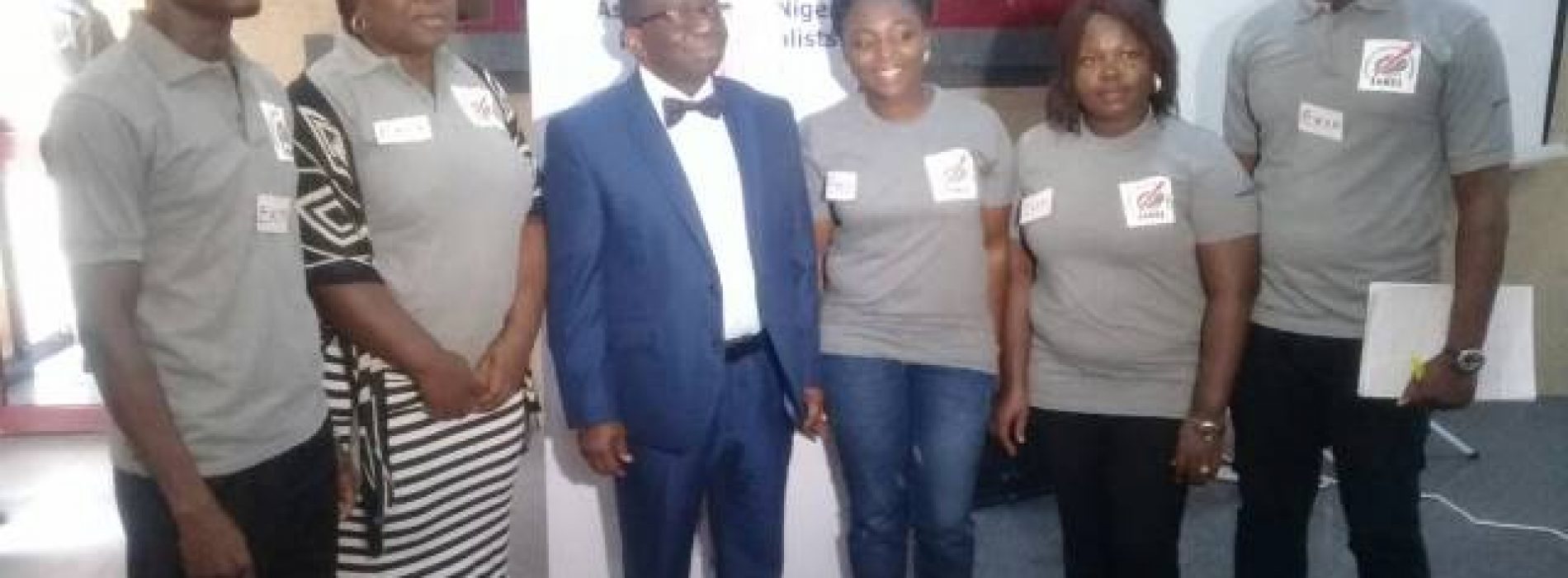
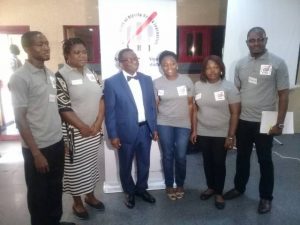
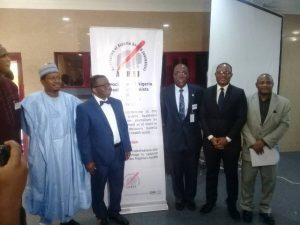
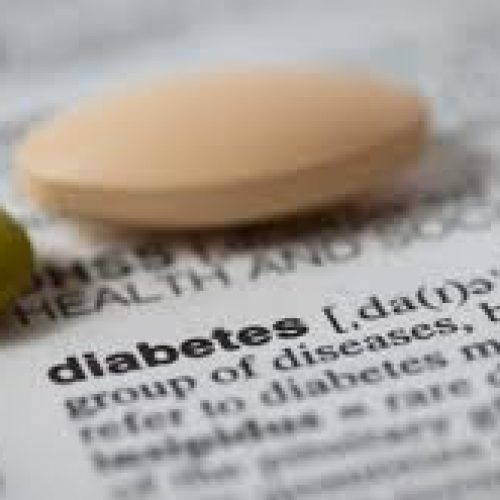
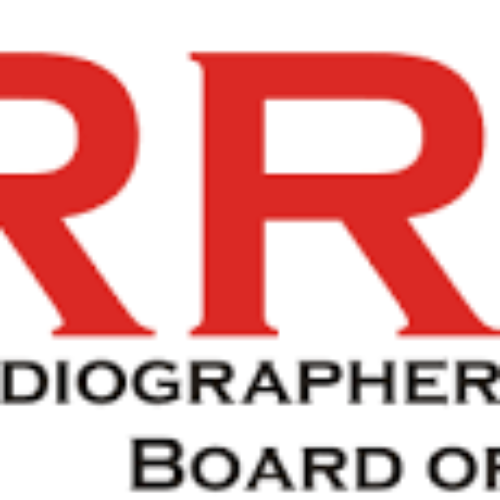
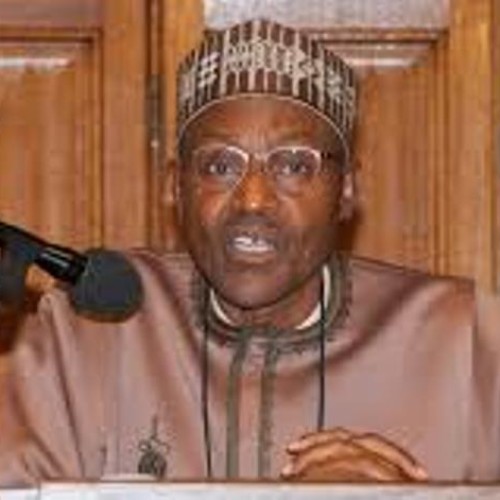


0 Comments
No Comments Yet!
You can be first to comment this post!